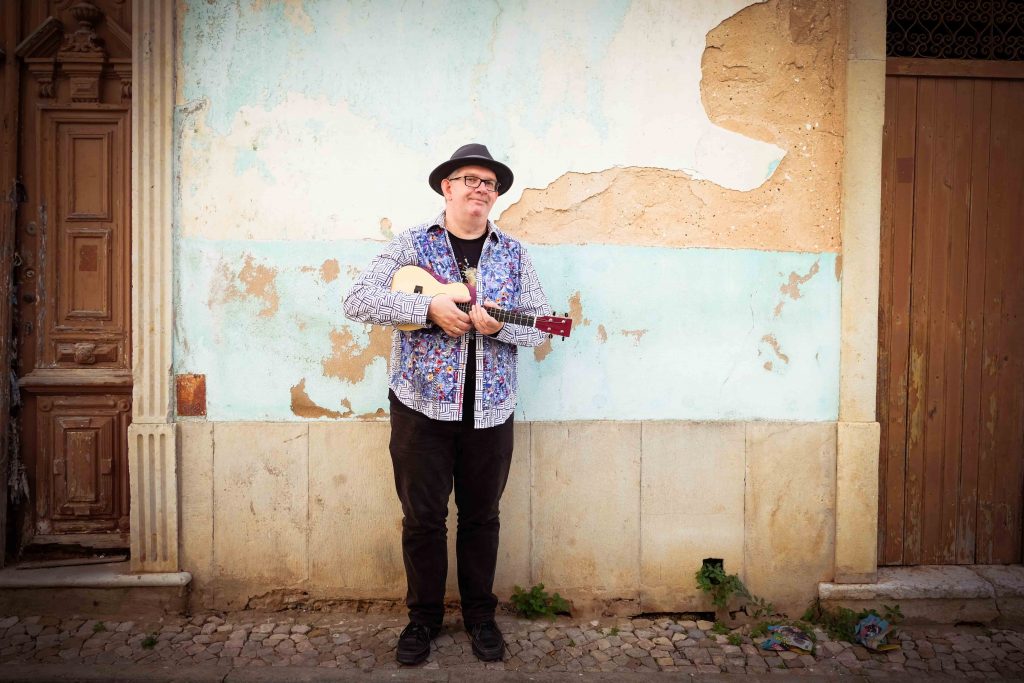In a positive sense, it can be great to generate conversion and maintain contact with like minds. Good photos, on topic posts and good information are all great ways of using social media in a positive sense. Building a community of like minded people with mutual enthusiasm works well, BUT inevitably such platforms always attract detractors as well and especially what are wonderfully called “keyboard warriors” who are mostly self employed and status seekers. A positive way to guard against this is to ensure that such characters respect the rules of the group or exhibit good manners if posting to your personal page. Remember if its your page or group, its good manners for others to adhere to good behaviour. With these considerations in mind social media can be a terrific tool for artists, expanding their reach to new audiences.
Even though people may imagine that everyone has endless time to post online, of course working professionals mostly only have limited time for social media unless they have somebody doing this on their behalf. Social media used positively is terrific as a medium to connect to a global community. The key is IMO to offer good quality material, thought provoking posts and unique information. Its also important not to flood social media with poor video and photos as that usually dilutes audience attention.
The OUS platform is a great example of positive social media in action. The public FB platform has 2700 plus members and the main webpage has 60+ artists with their own pages and of course many more have applied to be on the site. Its a free resource for original artists and in 2018 this project will be greatly expanded. With my own band The Small Change Diaries, we have received some great opportunities though having a good social media and online presence including being invited to a major international Guitar festival overseas.
The Negatives
Just as a village can have a positive communal spirit, there can also be disruptive characters also known as trolls. Such individuals are always status seekers wanting to be the center of attention and they usually hunt in packs of two or more. Anyone who starts to achieve any form of increased profile in the public domain inevitably attracts such characters. On a basic “Punch and Judy” level the behaviour is usually endless negative attention seeking negative posts. At the other extreme, this can mean actual attempts to hack your website and/or clone your account. I have experience of both of these and have a restraining order in place against one character!
Usually ignoring and/or blocking such characters is the best strategy. Mostly there will be a small group that will back each other up and egg each other on. ALWAYS screen grab any particualarly libellous comments and store up information. If you go a legal route this will require detailing a full paper trail and that can take time. Fortunately the law has changed in recent years so this is a lot easier these days. Its useful to remember that social media can massively distort communications and of course over hyped claims usually backfire and genuine artists also look to “play the long game” and build up a body of work that stands the test of time.
Conclusion
Social media is one of many ways to connect to a wider public. Aside from my musical projects I have FB platforms that connect with substantial numbers of people. I teach communication skills in 13 overseas countries and many countries have their own social media platforms to ask and answer questions about courses. I also run many blogs which are mostly specific information about subjects. I have a policy of growing interest organically platforms like OUS have in a short time brought together many terrific artists who may have not otherwise got to meet each other.
I recently met Gregor Nowak in Austria who I met on FB and Alan and Terri Thornton stayed for a week at my house after having only known them on FB. I also had a great meeting with Bernd Holzhausen in Vienna, who I had previously only known online. These are great examples of turning virtual friends into real life friends.
STOP PRESS – Seems from pm’s these observations are not uncommon in this cyber age!
